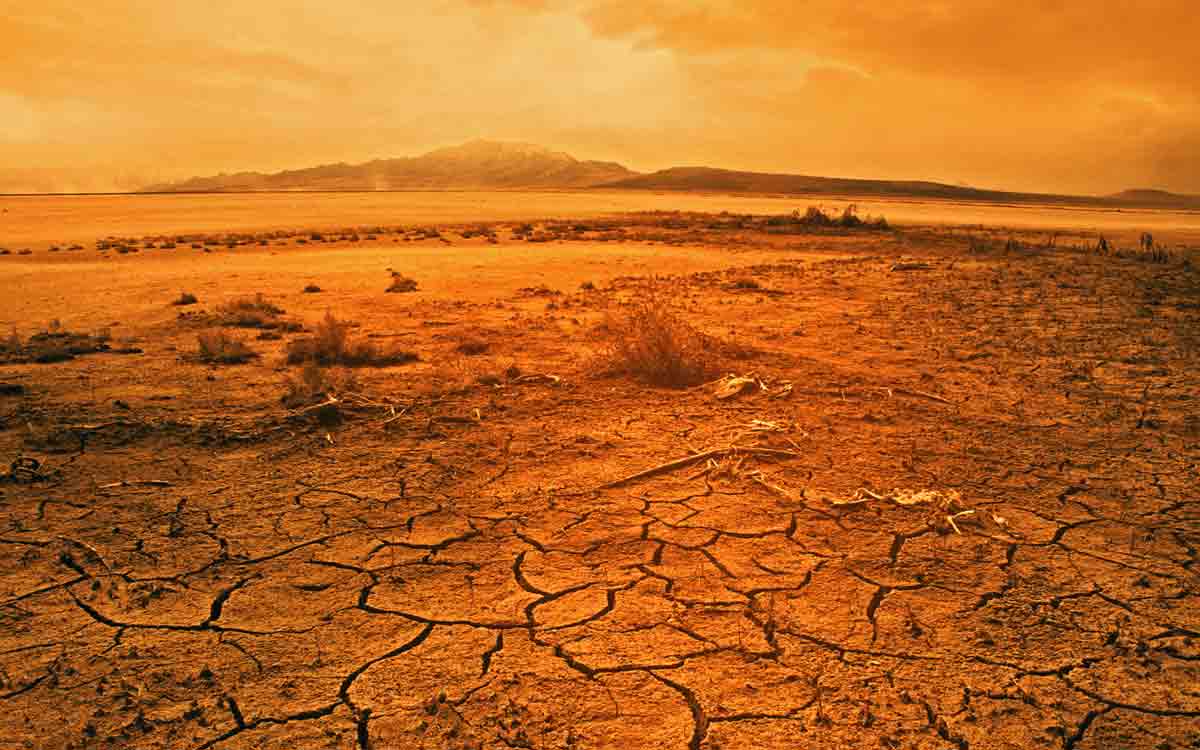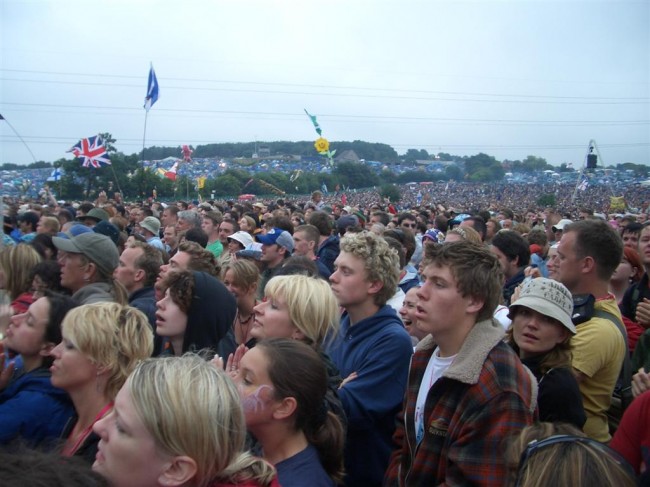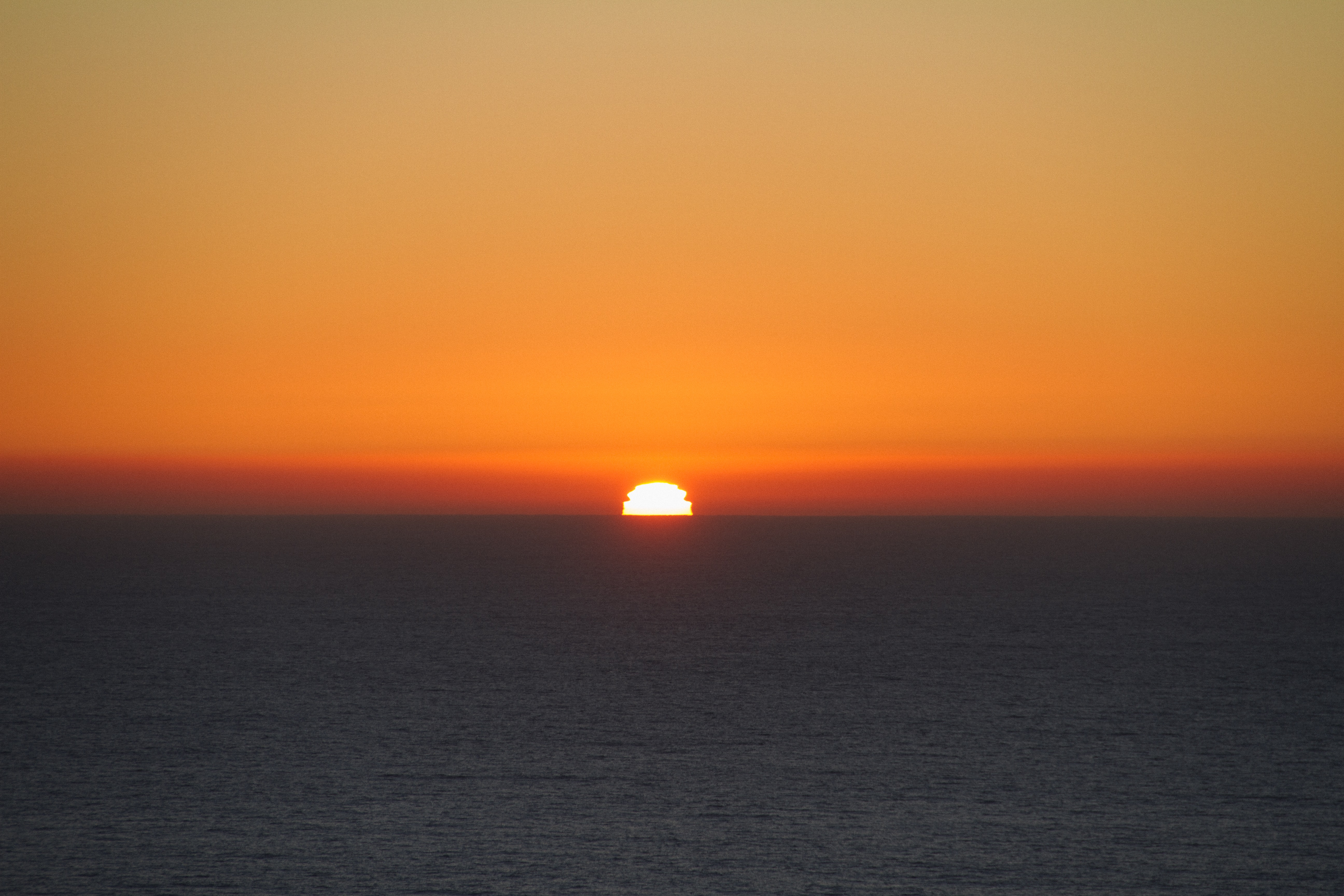Selah.
That one word occurs 71 times in the Psalms, and no one really knows what to do with it because no one really knows what it means.
Some say it means “to pause.”
Some say it means “to praise” or “lift up.”
Others say it means “to hang” or “to measure or weigh in the balance.”
Maybe it means all of those things. Maybe it means that we should stop, breathe, exhale and think about what was just said in such a way that we can’t help but to praise.
Maybe the fact that no one really knows what it means only adds to its beautiful mystery.
Each of the 71 times it’s found in the Psalms, it’s set off from the rest of the text, which isn’t surprising, because that’s what we normally do with things – and people – that we don’t understand. They get shoved off to the side while we try to figure out exactly what to do with them. It’s funny how easy it is to marginalize what doesn’t seem to fit.
[Tweet “It’s funny how easy it is to marginalize what doesn’t seem to fit.”]Now, I haven’t gone through every last one of the 71 times selah is found in the Psalms, but I did find one the other day that grabbed me and stopped me dead in my tracks. Like all the others, it was set off by itself, but unlike most of the others, it didn’t come at the end of a sentence.
This one happened right in the middle of one. You’ll find it at the end of Psalm 68:7, which is really smack dab in the middle of a sentence that runs through verse 8, and a thought that runs through verse 10.
When you went out before your people, O God, when you marched through the wasteland,
Selah.
There are 3 more verses beyond this one that finish the sentence, and they speak of God’s power (“the earth shook”) and God’s provision (“you gave abundant showers” and “you provided for the poor”), but what’s interesting is that neither his power nor his provision was worthy of a pause.
What blew the Psalmist’s mind – and what should blow ours – was God’s presence, and more specifically, the place where David found his presence. It wasn’t in the perfect church service, and it wasn’t in the perfect family with 2.5 kids and a pet. It wasn’t even in David’s quiet time with Jesus Culture playing softly in the background and a fresh cup of coffee sitting next to him.
His presence was in the wasteland.
Now, there’s not one thing wrong with any of those other places, but let’s be honest: God’s presence in the good places doesn’t really surprise us, does it? We kind of expect him to show up then, right? What leaves us speechless is when God shows up in the wreckage.
In the places where things are dying.
In the situations that take our breath away.
It’s in those places – the places that even our closest friends avoid because they don’t know what to say – that God shows up.
He marches through the wasteland, and it was his unexpected presence in the most unexpected of places that rendered a king speechless.
[Tweet “It is God’s unexpected presence in the most unexpected places that leaves us speechless.”]What’s your wasteland? I have a friend whose wife and daughter are on the long road to recovery after a life-saving transplant. More friends who have a daughter clinging to life after being full of life less than 2 weeks ago. That’s a lot of time waiting in a room appropriately named.
Maybe your wasteland is your marriage, or the lack of one. It could be the employer you have or the employer you don’t. Maybe every time you look in your wallet you find a wasteland. I don’t know what your wasteland is any more than you know mine, and the reality is that what we think is our wasteland today may seem like an oasis compared to what tomorrow brings, or the next day, or the next month or year.
But here’s one thing I do know: whatever our wasteland is, and whenever we find ourselves in it, we won’t be alone, and the simple fact that such a God as ours would march confidently in the places that leave us broken is enough to cause a pause, because his presence changes everything.
In fact, all the power of God and all the provision of God that David wrote about happened in the wasteland.
[Tweet “God’s presence shows up big in the places that make us feel small.”]Your people settled in it, and from your bounty, O God, you provided for the poor. (Psalm 68:10, emphasis added)
How does God walk through our wastelands and turn them into sanctuaries? How does he transform a place of desolation into a place of restoration? A dead-end into a beginning? I don’t know, but I do know it all starts with his presence, with knowing that he is near. Somehow, God’s presence shows up big in the places that make us feel small.
[Tweet “We’d start seeing God more where we are if we’d stop looking for him where we aren’t.”]Maybe we’d start seeing God more where we are if we’d stop looking for him in places we aren’t. Maybe simply allowing his presence in our pain would be enough to help us see again that he is God. (Psalm 46:10)
Maybe it’s enough to simply let God be near us in the places that leave us feeling the most alone.
When we do that, we’ll find ourselves in the wastelands of life’s unexpected interruptions with mouths open, searching for words to describe such a God, and finding that all we can whisper is…
“Selah.”





